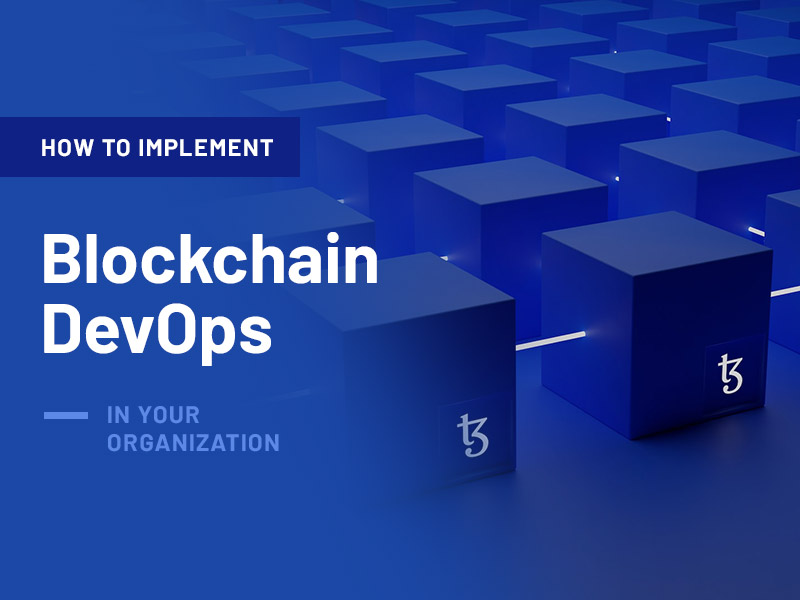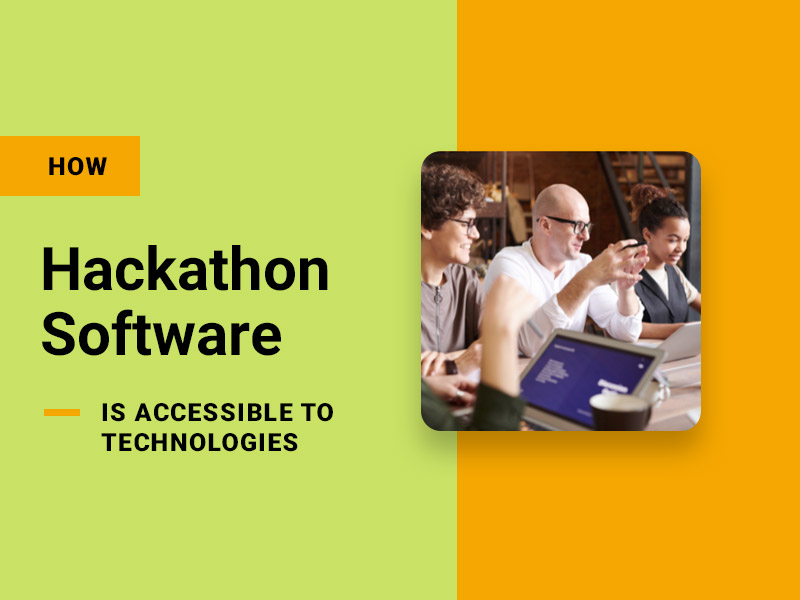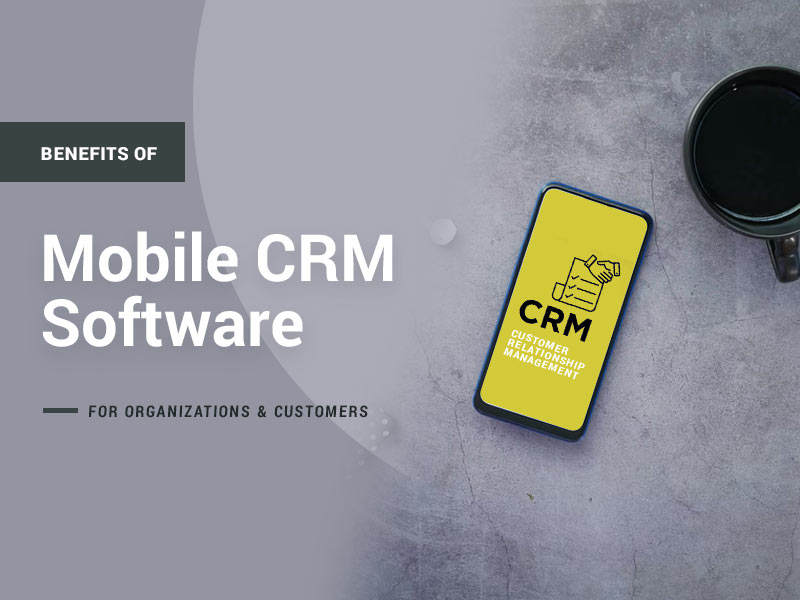Blockchain DevOps like Dysnix.com is an emerging approach to software development and deployment that can help organizations improve their agility and responsiveness to customer needs. By applying the principles of distributed ledger technology and automation, blockchain devops enables companies to quickly integrate new features, reduce costs, and increase security. With the use of smart contracts, organizations can ensure that their transactions are secure and recorded on an immutable ledger.
To successfully implement blockchain devops in your organization, consider the following steps:
1.
Develop a clear understanding of what blockchain is, how it works, and its potential use cases. Understand the different types of blockchains available, such as public or private networks, and which ones are best suited for your organization.
2.
Evaluate the existing processes and technologies used in your organization to identify areas where blockchain devops can add value. Consider how it can improve data security, help automate tasks, or streamline operations.
3.
Analyze existing applications and architectures for compatibility with blockchain technology and assess their scalability. Evaluate the cost of implementing blockchain devops compared to traditional development and deployment methods.
4.
Create a roadmap for your organization to build, test, and deploy applications on the blockchain platform. Think about how to integrate legacy systems with new technologies if needed. Assess the potential risks associated with using blockchains as well as regulatory requirements that may need to be met. You may want to bring on Devops consulting services at this stage if you feel you need extra support.
5.
Set up a blockchain development environment that meets the needs of your organization and is secure, reliable, and efficient. Choose the appropriate platform and tools for managing your devops processes, such as Hyperledger Fabric or R3 Corda.
The rise of blockchain devOps
The rise of blockchain devops has been a major development in the tech landscape over the past few years. As blockchain technology has become more popular, many organizations have started to look for ways to incorporate it into their development processes. Blockchain DevOps is an approach that combines decentralized technologies with the traditional software development practices of automation and continuous integration. This approach enables teams to build their applications faster, more efficiently and with greater security.
Blockchain DevOps provides developers with a platform that allows them to quickly develop, test and deploy distributed applications in a secure environment. It also provides the tools necessary for better collaboration between developers and other stakeholders on the same project.
The benefits of blockchain devOps
Blockchain DevOps services are revolutionizing the way developers and businesses create, deploy, and manage applications. By leveraging blockchain technology, organizations can automate the process of application development, deployment, and maintenance while simultaneously reducing costs and improving security. The benefits of using a blockchain-based DevOps platform are numerous.
First, blockchain DevOps helps streamline the development process by allowing distributed teams to collaborate on a single platform. Developers can share code, test new features, and deploy updates quickly and easily. Additionally, DevOps services provide greater transparency, which helps organizations keep track of their progress more efficiently.
Second, blockchain DevOps makes applications more secure by storing all data on a distributed ledger. Because the data is spread across multiple nodes, it is far more difficult for hackers to access and exploit sensitive information. In addition, blockchain DevOps services provide end-to-end encryption of all files, making them even harder to breach.
Finally, blockchain DevOps services are cost-effective solutions that enable businesses to deploy applications quickly and efficiently. By leveraging distributed ledgers, developers can cut down on development time and costs associated with traditional software development processes. Furthermore, DevOps services are ideal for rapid scalability, enabling businesses to easily scale their operations as needed.
Challenges of implementing Blockchain devOps
Blockchain DevOps is a rapidly growing area of technology that presents a number of unique challenges in terms of implementation. Firstly, there is the challenge of developing appropriate security protocols to ensure the privacy and integrity of data stored on the blockchain. This requires a thorough understanding of cryptography, network security protocols and distributed systems principles, as well as strong problem-solving and analytical skills.
It must also consider scalability – the ability to efficiently scale up or down depending on underlying system requirements. As such, there is a need for advanced operational expertise in order to assess and address any capacity issues that may arise.







